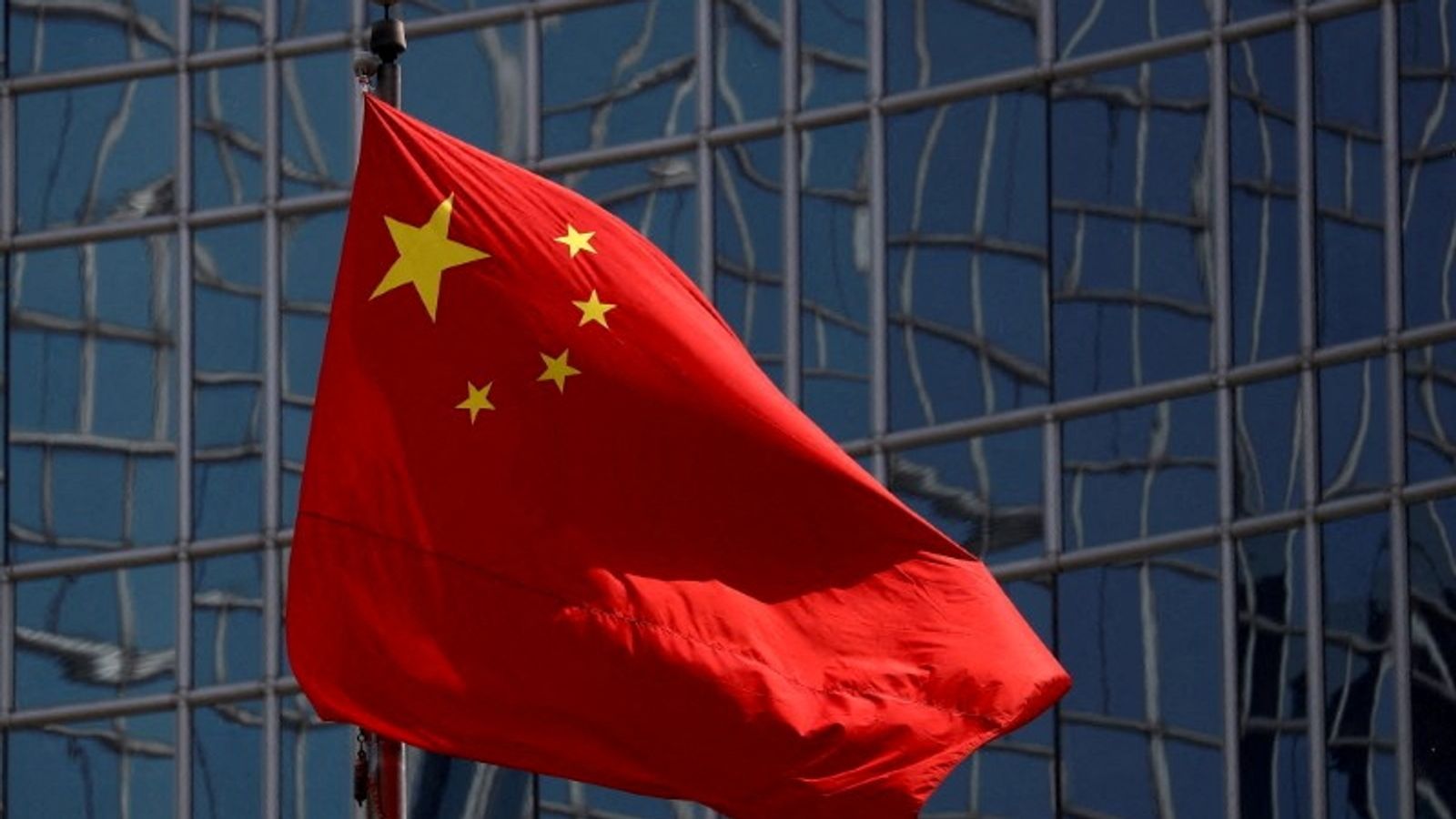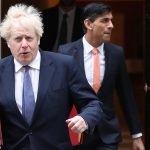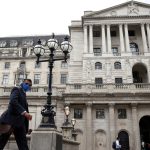The Treasury has called off the latest instalment of a key economic summit with the Chinese government, dealing a blow to hopes of bolstering trade between the two countries’ financial sectors.
Sky News has learnt that officials briefed key City stakeholders on Monday that provisional plans for the 11th UK-China Economic and Financial Dialogue (EFD) – the last iteration of which took place in 2019 – had been abandoned.
Sources said the UK and Chinese governments had jointly agreed to postpone the EFD, but said officials had expressed hope that a series of bilateral deals would nevertheless be unveiled during the coming months.
The reasons for the postponement were not immediately clear, with a date at the end of this month having been pencilled in to hold the talks, Sky News reported earlier on Monday.
However, last week’s resignation of the chancellor, Rishi Sunak, and the decision of his successor, Nadhim Zahawi, to enter the race for the Conservative Party leadership had prompted industry concerns that the EFD could face postponement until later this year at the earliest.
City insiders said talks had already been taking place in recent weeks about issues including sustainable and green finance, which would have been expected to feature prominently on the EFD agenda.
The COVID-19 pandemic and the deteriorating political relationship between Britain and China have combined to defer any summit, which was intended to be an annual event, since 2019.
Pound falls to two-year low as political uncertainty adds to gloomy economy
Ex-ASOS chief Beighton to take reins at Matchesfashion
More disruption on railways as drivers at eight train companies back walkouts
Holding the talks in the coming weeks would have represented an opportunity for Mr Zahawi to cement his leadership credentials on the international stage.
Read more on China:
China is biggest ‘game-changing challenge’, MI5 and FBI heads warn
Hacker offers to sell police database with details on one billion residents
China is Britain’s third-biggest trading partner, and under David Cameron, the then prime minister, the UK government sought to establish a “golden era” of trade with the world’s most populous nation.
The government’s decision to exclude Huawei Technologies from Britain’s 5G network, last year’s tensions in the South China Sea, and growing hostility towards Chinese investment in the UK from Conservative MPs such as Tom Tugendhat, another leadership contender, were, however, responsible for more recent frosty relations between Westminster and Beijing.
A year ago, the Chinese premier, Li Keqiang, held talks with directors from FTSE-100 companies including Diageo, HSBC, Rio Tinto and Standard Chartered to discuss bilateral trade.
Mr Li told the British company bosses that China would continue to open its markets to give them greater access to the country’s fast-growing middle classes.
In his final Mansion House speech as chancellor, Mr Sunak said the improvement of trade ties with China was a priority, calling for “a mature and balanced relationship” between the countries.
Despite the political turmoil in Westminster, this year’s Mansion House dinner – at which the governor of the Bank of England and the Lord Mayor of the City of London also traditionally make speeches – is expected to take place as scheduled on July 19.
A Treasury spokesperson declined to comment on the EFD’s postponement.






















